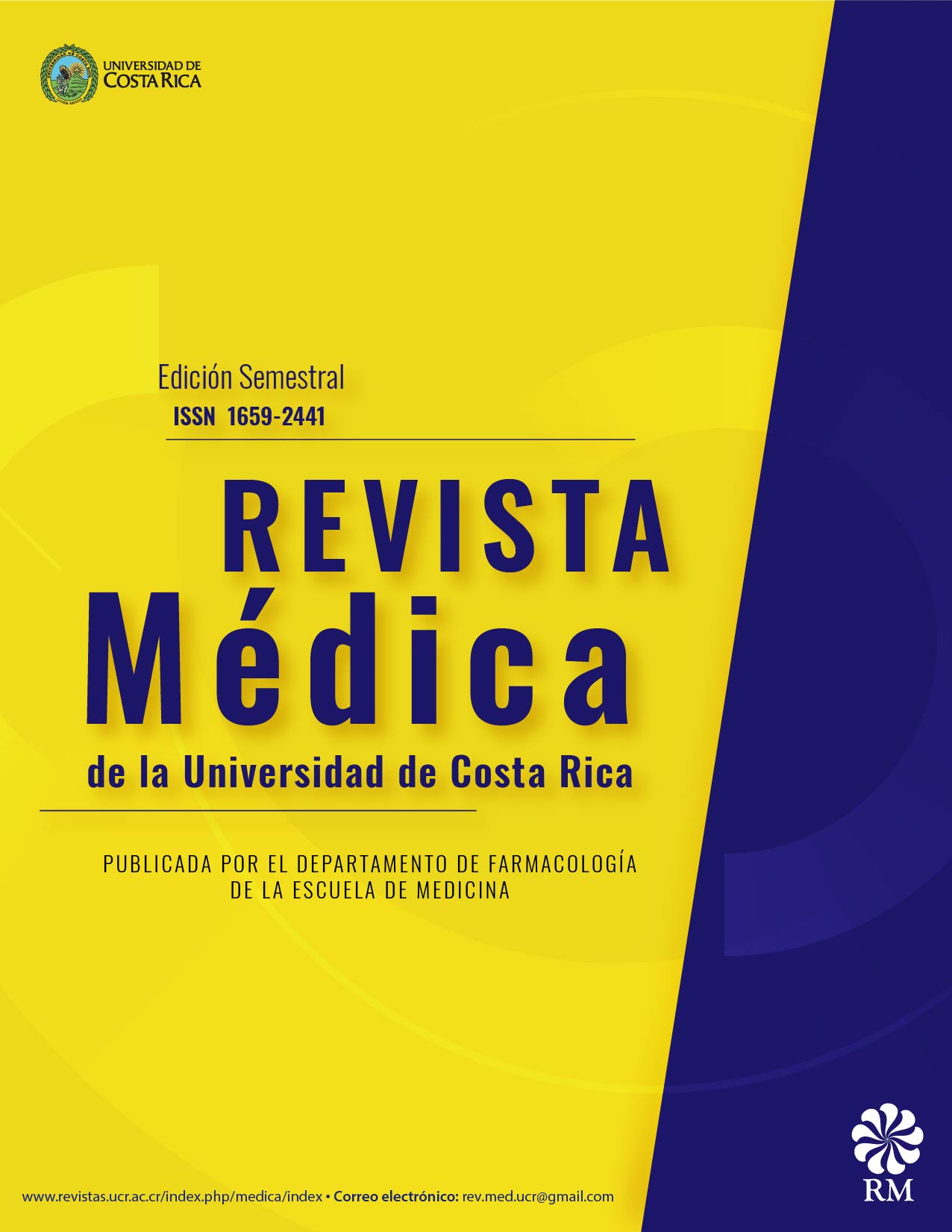Resumen
Los anticuerpos monoclonales son glicoproteínas especializadas del sistema inmune. Se producen a partir de células B y presentan la capacidad de reconocer un antígeno específico. A partir de la teoría de generación de hibridomas desarrollada por Köhler y Milstein en 1975, se convirtieron en herramientas esenciales para los ámbitos clínico y biotecnológico, y a través de los años han sido útiles en el diagnóstico y el tratamiento de enfermedades infecciosas, inmunológicas y neoplásicas. Dichos anticuerpos a menudo se unen únicamente a un objetivo específico, lo que limita su potencial terapéutico en enfermedades causadas por múltiples mediadores y mecanismos. En consecuencia, surgieron los anticuerpos monoclonales biespecíficos, los cuales, junto con los avances de los mecanismos fisiopatológicos del cáncer, se han convertido en una eficaz y atractiva alternativa terapéutica. En Costa Rica, existe una considerable inversión en la compra de anticuerpos monoclonales por parte del sistema de Salud Pública. Se espera que, una vez que se aprueben los estudios clínicos y se comercialicen más anticuerpos biespecíficos, estos puedan llegar a ser ofertados a sus pacientes.

